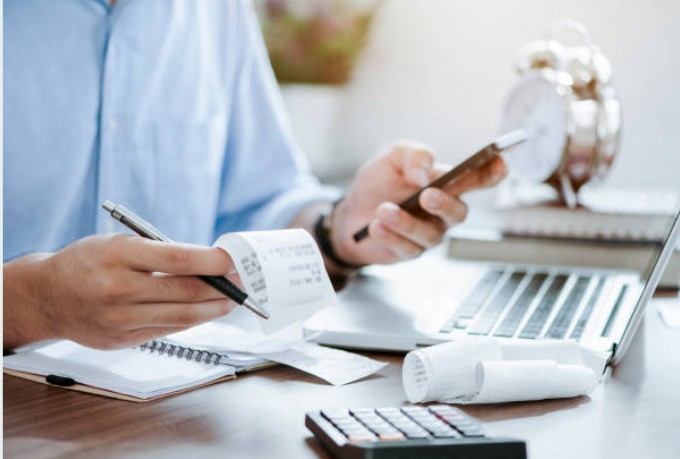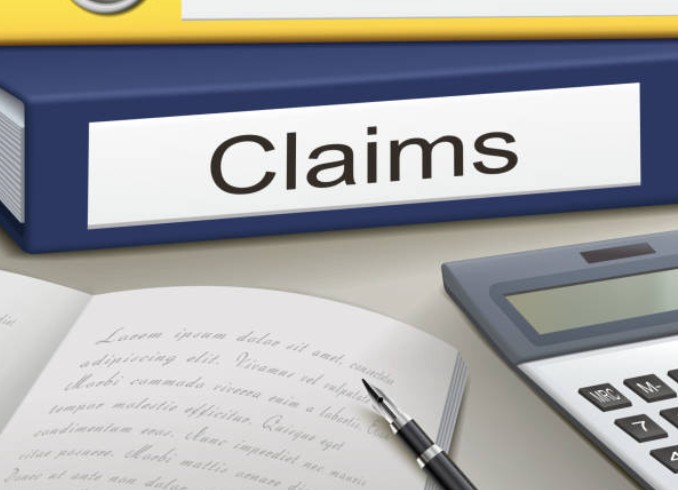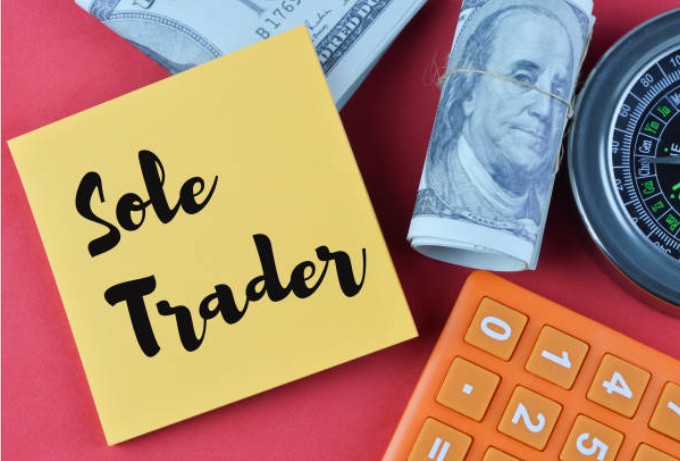For each sole trader in the UK, having a clear understanding of what expenses can I claim as a sole trader? It is critical to reduce your taxable profit and maximise your business’s financial efficiency. In today’s competitive landscape, every expense matters, and knowing which costs are claimable under HMRC rules can have a significant impact on your bottom line. This detailed guide explores every aspect of claimable expenses—from the fundamentals to advanced tips—ensuring that your records are in order and your claims are accurate.
What Are Claimable Business Expenses?
For a sole trader, business expenses refer to costs that are incurred entirely and specifically for running the business. These expenses not only facilitate your operations but also help reduce your taxable profit, meaning you only pay tax on your net income. HMRC has laid out precise guidelines defining what qualifies as an allowable expense, and ensuring compliance is essential to avoid future issues. By understanding what expenses you are entitled to claim, you can effectively manage your budget and reinvest in your business.
What Expenses Can I Claim as a Sole Trader?
What expenses can I claim as a sole trader? This is the central question that every sole trader must answer. There are several categories, each with its own set of rules and nuances. Recognising these expenses is key to maintaining accurate accounts and maximising your tax relief. Here’s a simplified way to break it down:
Office Costs:

These are expenses related to running your workspace. If you’re operating from home, you can claim a proportion of household costs like rent, electricity, and internet—but only for the business-use percentage. For a dedicated office space, costs such as rent, utilities, maintenance, and insurance are fully claimable.
Travel Expenses:
Costs incurred while travelling for business, such as mileage, public transport fares, and accommodation, are claimable. When your trips are mixed-use (business and personal), only the business proportion can be claimed. Keeping detailed mileage logs and receipts is vital for substantiating these expenses.
Equipment and Tools:
Investments in equipment such as computers, printers, or specialized machinery used exclusively for your business are allowable. For higher-cost items that provide benefits over multiple years, capital allowances might apply rather than direct expense claims.
Marketing and Advertising:

Expenditures on advertising, website hosting, digital marketing, and promotional materials aimed at boosting your business’s profile are claimable. This category is particularly important for small businesses striving to build their brand presence in the competitive UK market.
Professional Fees:
Expenses related to professional services—such as accountancy fees, legal advice, and subscriptions to industry associations—can be claimed if they directly relate to your business activities.
Training and Development:
Costs incurred in advancing your professional skills through courses, seminars, and workshops can be claimed if they enhance your business operations.
Detailed Overview of Allowable Expenses
To better understand what expenses can be claimed, consider the following table that breaks down each category alongside examples and important HMRC notes:
| Expense Category | Examples | HMRC Requirements |
| Office Costs | Business premises rent, office supplies, and utilities | Must reflect business use; proportionate claims for home offices |
| Travel Expenses | Car mileage, train fares, and hotel bookings | Claim only for business-related journeys; a detailed log is required |
| Equipment and Tools | Computers, printers, specialised machinery | Capital allowances for high-cost items may apply |
| Marketing & Advertising | Website costs, digital ads, and printed brochures | Directly linked to promotional activities |
| Professional Fees | Accountant fees, legal advice, trade association dues | Must relate directly to the business |
| Training & Development | Professional courses, industry conferences | Expenses must contribute to business improvement |
This table serves as a quick reference for UK sole traders, offering a structured view of how HMRC categorises claimable expenses and what documentation is required.
How to Keep Your Claims Accurate and Compliant?

Accurate record-keeping is paramount for ensuring that your expense claims align with HMRC standards. By using digital tools such as accounting software, you can effortlessly track your spending and maintain the necessary proof, such as invoices and receipts. Here are some practical tips:
- Establish a specific system to organize and store all receipts and invoices.
- Regularly update your accounts to avoid a backlog at tax time.
- Ensure that you distinguish between mixed-use and wholly business expenses.
This approach not only simplifies your record-keeping but also prepares you for any potential HMRC queries or audits.
What About Expenses for Home Offices?
Many sole traders throughout the UK commonly operate their businesses from home. In these cases, you can claim a portion of your household expenses. For instance, if your workspace occupies 20% of your property, you can claim 20% of relevant costs such as electricity, heating, and internet. Understanding this allocation is crucial for maximising your claims while staying within HMRC guidelines.
Final Thoughts
Understanding what expenses can I claim as a sole trader? It is essential for any UK business owner looking to optimise their tax obligations. By meticulously tracking your business-related costs, classifying them under the correct HMRC guidelines, and keeping thorough records, you can reduce your tax liability and reinvest more effectively in your venture. The detailed insights and tips outlined in this guide are designed to empower you to make informed decisions and achieve long-term financial success.
FAQs on Claiming Expenses
Can I claim expenses if I use my vehicle for both personal and business travel?
Yes, but only the business portion is eligible for a claim. Maintaining a mileage log to differentiate between personal and business journeys is critical.
Are there any expenses that I should not claim as a sole trader?
Certain personal expenses, such as clothing that is not a uniform or any costs not directly related to business activities, cannot be claimed.
What documentation do I need to support my expense claims?
Keep all invoices, receipts, bank statements, and a detailed log of any split-purpose expenses. Digital copies stored securely also count.






